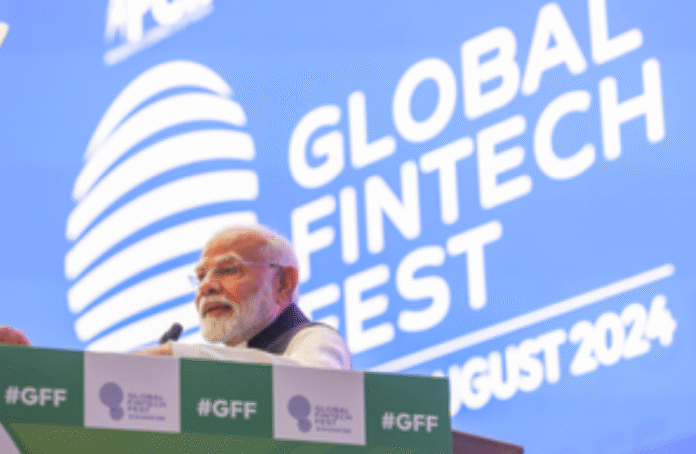New Delhi– India has solidified its position as one of the world’s most vibrant fintech markets, driven by a powerful blend of digital public infrastructure, a mobile-first population, and regulatory clarity, according to a new report by QED Investors and Boston Consulting Group (BCG).
The report highlights that fintech-led digital lending in India grew at a compound annual growth rate (CAGR) of 35 percent in 2024, fueled by surging demand for credit across retail, consumption, and small business segments.
Key enablers such as UPI, Aadhaar, and the Account Aggregator framework have sparked a wave of fintech innovation across payments, lending, and wealth management—particularly benefiting underserved and unbanked communities. These advancements have accelerated financial inclusion on a large scale, positioning India as a top destination for global fintech investment.
India’s affluent middle class—now 31 percent of the population—is expected to grow to nearly 600 million (40 percent) by 2031, further boosting credit demand and consumer spending.
“India stands at a unique inflection point in the global fintech ecosystem,” said Sandeep Patil, Partner and Head of Asia at QED Investors. “The country’s strong digital infrastructure and tech-savvy population have already proven how innovation can drive inclusion at scale. Going forward, fintechs must combine innovation with disciplined execution—focusing on trust, profitability, and regulatory alignment.”
The report urges investors to diversify capital toward high-growth regions like India, with an emphasis on AI-driven solutions and sustainable scaling strategies.
Globally, fintech revenues jumped 21 percent in 2024, up from 13 percent in 2023—triple the growth rate of the broader financial services industry. This surge reflects the maturity of scaled fintechs and the rise of next-generation disruptors leveraging advanced technologies such as agentic AI.
“Investors now expect greater maturity, and regulators demand accountability,” said Deepak Goyal, Managing Director and Senior Partner at BCG. “Meanwhile, disruptors are pushing boundaries with new business models, keeping established players on their toes.” (Source: IANS)







